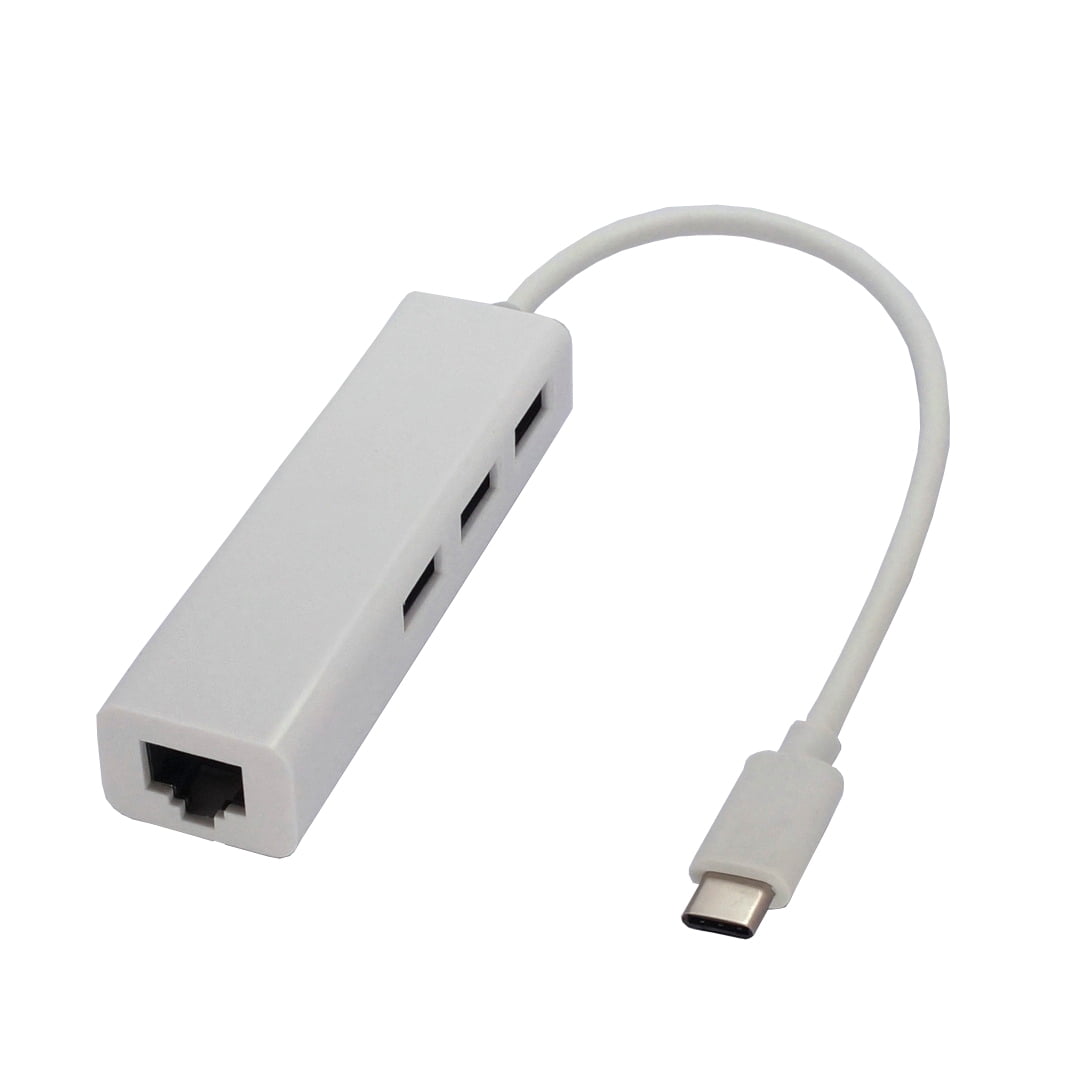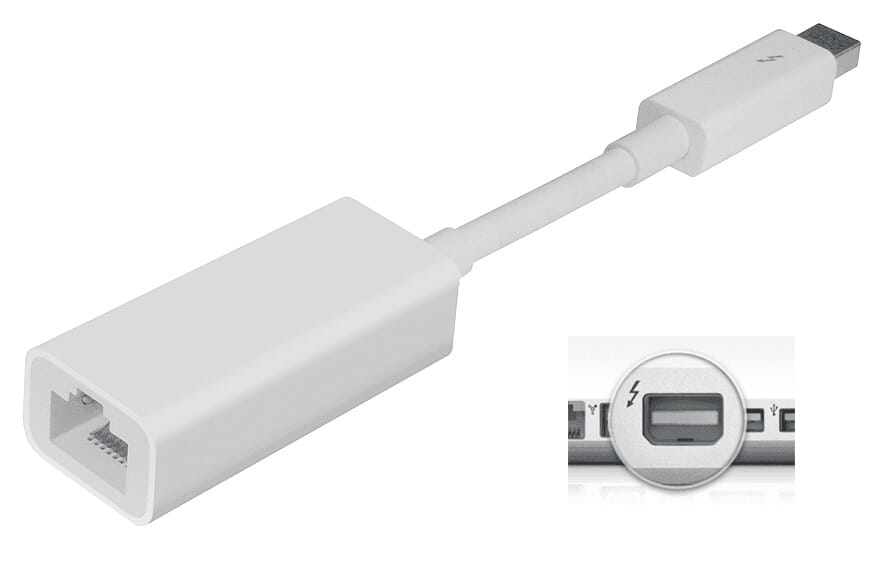

A bit absurd: to protect the shiny parts of the USB-A model from scratches, the areas that are a few millimeters wide were covered with foil – it’s strange what a budget is sometimes available for. It could be worse, but it doesn’t sparkle with creativity. In contrast to any kind of documentation, by the way: all the paper was printed only with legal notices.

At this point you just notice that Dell is serious about certain things. Stability seems good as well: we ran our internet traffic and several gigabytes of backups over them for several days and had no problems.

They are correctly recognized by the Mac (with the same product ID) and the most laborious part of the installation is thus to open the package. More importantly, they connected immediately and required no driver installation. They only get a boring name like “USB 10/100/1000 LAN” in the control panel, but we didn’t care.ĭell network adapters under macOS: Problem-free. And lo and behold: after a few seconds they were directly ready for use. We got both and connected them to a MacBook with macOS Big Sur 11.2.1. Dell produces two USB Ethernet adapters for the network, one with a conventional USB-A and one with a modern USB-C connector.


 0 kommentar(er)
0 kommentar(er)
